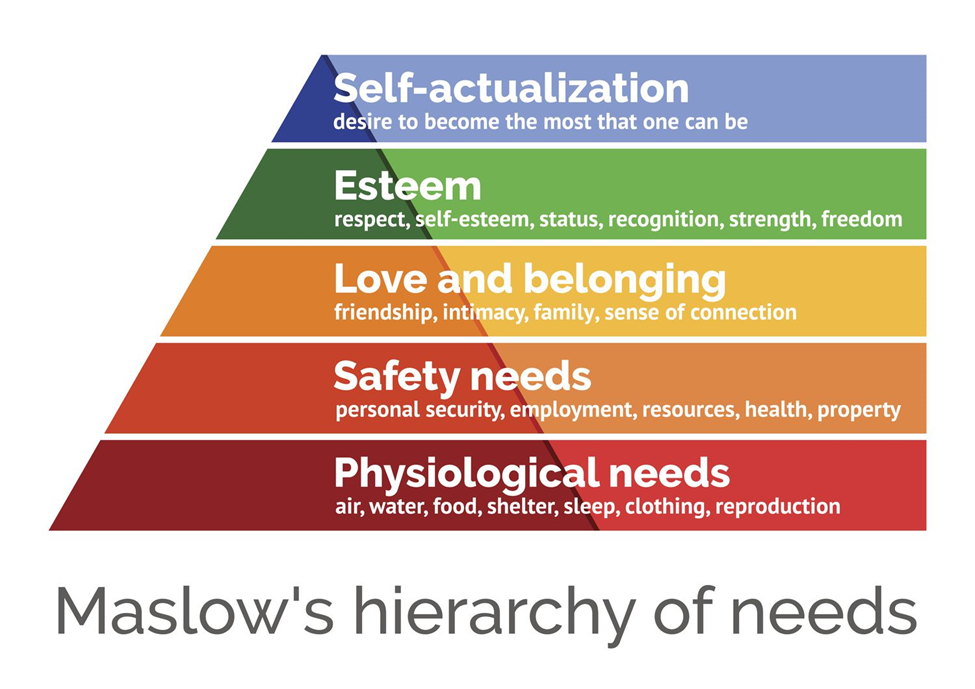A nurse is caring for a client on a mental health unit. Nurses are encouraged to constantly be aware of the nonverbal communication of a client with mental illness primarily for which reason?
Psychiatric disorders generally affect a client's ability to communicate verbally
Clients are guarded with both verbal and nonverbal communication
Psychiatric disorders are more likely to affect thoughts than physical behaviors
Nonverbal communication provides additional client information that is acted out unconsciously
The Correct Answer is D
A. Psychiatric disorders generally affect a client's ability to communicate verbally: This statement highlights the impact of psychiatric disorders on verbal communication, which may be impaired due to symptoms such as disorganized thinking, speech disturbances, or reduced speech output. However, it does not specifically address the importance of nonverbal communication awareness for nurses.
B. Clients are guarded with both verbal and nonverbal communication: This choice suggests that clients with mental illness may be guarded or reluctant to express themselves both verbally and nonverbally. While this can be true in some cases, it doesn't fully capture the primary reason why nurses are encouraged to be aware of nonverbal communication.
C. Psychiatric disorders are more likely to affect thoughts than physical behaviors: This statement focuses on the cognitive aspects of psychiatric disorders, emphasizing their impact on thoughts rather than physical behaviors. It does not directly address the importance of nonverbal communication in nursing care.
D. Nonverbal communication provides additional client information that is acted out unconsciously: This choice highlights a key reason why nurses are encouraged to be aware of nonverbal communication. Nonverbal cues, such as body language, facial expressions, and gestures, can convey important information about a client's emotional state, intentions, and needs, often unconsciously. This information is valuable for nurses in understanding and responding effectively to clients' needs and concerns.
Nursing Test Bank
Naxlex Comprehensive Predictor Exams
Related Questions
Correct Answer is B
Explanation
A. Needs to be taught about medication action and side effects: This problem relates to the client's need for information and understanding about their medication regimen, including its action and potential side effects. While education about medication is important, it may not be the top priority when considering Maslow's hierarchy of needs.
B. Refuses to eat or bathe: This problem directly impacts the client's physiological needs for food and hygiene, which are foundational in Maslow's hierarchy. Therefore, addressing the client's refusal to eat or bathe would take priority over other concerns.
C. Is reluctant to participate in unit social activities: This problem pertains to the client's social and emotional needs, which are higher-level needs in Maslow's hierarchy. While social activities can contribute to the client's well-being, they are not as critical as addressing immediate physiological needs.
D. Reports feelings of alienation from family: This problem relates to the client's sense of belongingness and love, which are also higher-level needs in Maslow's hierarchy. While addressing feelings of alienation is important for the client's overall well-being, it is not as urgent as addressing physiological needs.

Correct Answer is B
Explanation
A. Identifying possible solutions for the client's problems:
While identifying possible solutions is an important aspect of problem-solving and goal-setting in therapy, it is not the primary focus during the working phase of a therapeutic relationship. The focus is more on exploring and understanding the client's problems, feelings, and behaviors before moving on to generating and evaluating potential solutions.
B. Encouraging the client to clarify feelings and behavior.
During the working phase of a therapeutic relationship, the nurse's role is to facilitate the exploration of the client's problems, emotions, thoughts, and behaviors. Encouraging the client to clarify their feelings and behaviors helps them gain insight into their challenges, triggers, and coping mechanisms, which is essential for problem exploration and resolution. This action promotes self-awareness, reflection, and deeper understanding of the issues at hand, leading to more meaningful discussions and therapeutic progress.
C. Referring the client to a self-help group:
Referring the client to a self-help group can be beneficial for ongoing support, peer connection, and learning from others' experiences. However, during the working phase of a therapeutic relationship, the emphasis is on individual exploration, understanding, and processing of problems within the therapeutic context before considering external resources like self-help groups.
D. Comparing past and present coping strategies:
Comparing past and present coping strategies can provide valuable insights into the client's progress, strengths, and areas for growth. However, this action is more relevant to the assessment and evaluation phases of therapy rather than the working phase focused on exploring and addressing current problems and challenges.
Whether you are a student looking to ace your exams or a practicing nurse seeking to enhance your expertise , our nursing education contents will empower you with the confidence and competence to make a difference in the lives of patients and become a respected leader in the healthcare field.
Visit Naxlex, invest in your future and unlock endless possibilities with our unparalleled nursing education contents today
Report Wrong Answer on the Current Question
Do you disagree with the answer? If yes, what is your expected answer? Explain.
Kindly be descriptive with the issue you are facing.
